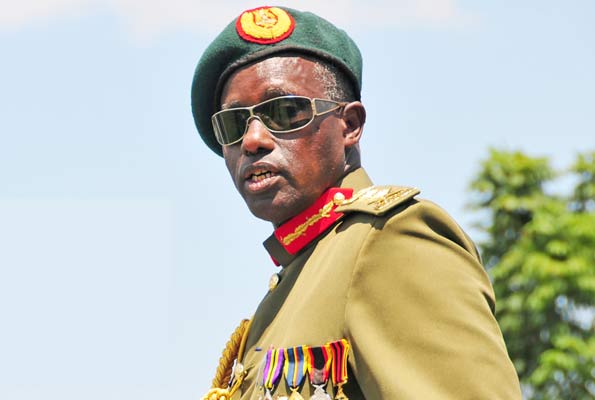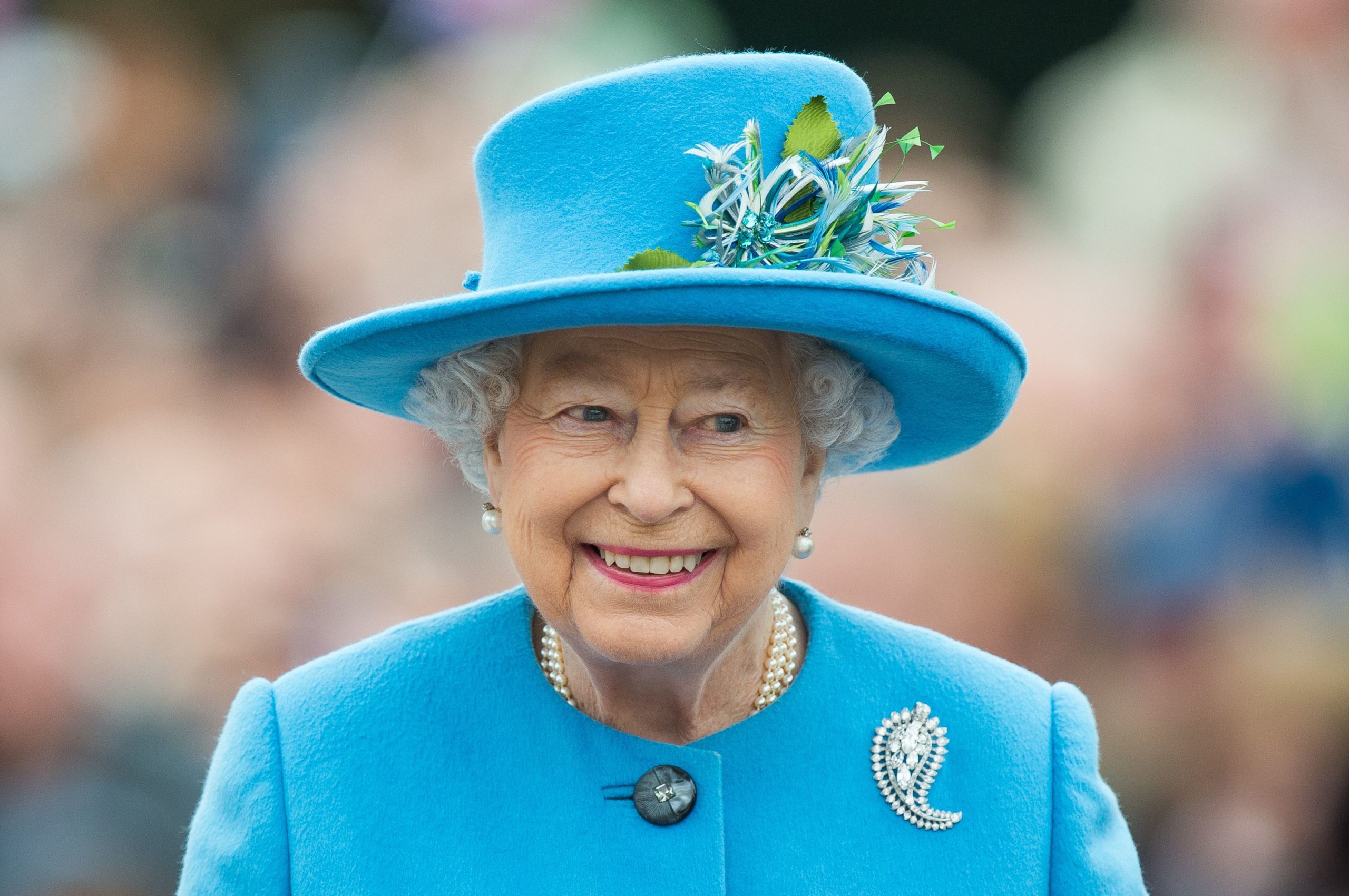A friend of mine texted asking me to confirm if it was indeed true that Gen. Tumwiine had passed on. When I said I didn’t know, they wondered if I could find out (by asking a family member known to me). I said I could but would not. They weren’t too amused. Nor was I.
When the official news came through that he had passed, the said friend sent me Dr. Stella Nyanzi’s poem. Unfortunately for him, several other people had beaten him to it. The jubilation and literal dancing on General Tumwiine’s grave came through thick and fast. People who had lost loved ones in the last general elections- along with those who had not lost anyone but sympathised with those who did- jubilated. “He thought he would never die” they said. “He said police has a right to shoot and kill us, now where is he?” they asked. I wasn’t sure what to say.
A few weeks later, Queen Elizabeth passed on. She was the longest serving British monarch. Having been enthroned just after the second World War, her reign saw the British Empire shrivel and contract as people in Africa and Asia demanded self-governance. The empire gave way to the Commonwealth, a political and social entity that responsible for both the perpetuation of British global dominance and the promotion of international development. In 2013, my wife and I received Commonwealth Shared scholarships to pursue our postgraduate studies at Leeds Beckett University and University of Leeds respectively.
Within moments of the announcement, it became clear that just as it was with the general’s passing, not everyone was going to mourn the queen. South Africa’s EEF released a scathing statement listing the many atrocities inflicted upon African countries by Britain before and during her reign. They pointed to her lack of acknowledgement of Britain’s brutal colonial past and the Royal Family’s continued enjoyment of the benefits thereof. “If there is really life and justice after death,” they said, “may Elizabeth and her ancestors get what they deserve”. Again, I wasn’t sure what to say.
The truth is, reality is never black and white. Two seemingly contradictory things can-and often are simultaneously true. A philandering husband can be a great dad, a faithful wife a horrible mother. As human beings, we are at any given moment a legion of things, some bad, some good and others yet neither good nor bad. Gen. Tumwiine, as far as I knew him personally (and I don’t claim it to have been that much) was a deeply caring man that took his Christian faith quite seriously. His public statements and positions on political matters were often quite insensitive to those with whom he disagreed.

That police has a right to shoot and kill you under certain circumstances is actually a fact and not some legal invention of the general. There’s a reason they are allowed to carry guns and you are not. But to say that in the wake of innocent bystanders and peaceful demonstrators being shot point blank could not be interpreted as anything but callous. To unwaveringly and unconditionally throw one’s support behind the armed forces, even in the face of their committing blatantly heinous crimes against those they are sworn to protect and serve is no doubt something to be called out.
Likewise, the queen’s legacy is no doubt a mixed bag of good deeds and terrible misdeeds. Those that critique her and the royal family not only have every right to do so but are actually right to do so. The world we live in today and a lot of the challenges we face, are in part a consequence of colonial misadventures done in her name. We cannot in good conscience ask those upon whom these consequences most fall to somehow pretend otherwise. At the same time, she did do a lot of good worth celebrating.
To insist on portraying the queen or general as just this one thing; to cuss out anyone that disagrees simply because their perspective doesn’t suit our ends, is to be guilty of what Chimamanda Adichie calls the “danger of a single story”; it’s not that it’s untrue, but it is incomplete. To deny the complexity of a life lived by others, is to strip ourselves of our humanity. For in truth, if we were to have lived the lives that General Tumwiine or Queen Elizabeth lived, who among us can say without a doubt that we would have got everything right? Or wrong? We are all-in varying measures- mixed bowls of angelic nobility and demonic debasement.
And yet for me, this isn’t even the core of what I struggled with when reading the back and forth in the wake of these two prominent people’s death. Here it is:
A man had just died.
A woman had just passed away.
A family had just lost someone they loved dearly and a significant part of the nation had lost a beloved leader. There will be time in the coming months to debate and engage with their legacies. But in the immediate aftermath of their demise, when those that loved them are still grappling with their passing, even when we may not be able to agree on their legacies, we can at least agree on their humanity.
Our own humanity demands that we do. And it is at that level of fellow human beings that we must engage with death, knowing all too well that it is the fate that awaits us all.
We of course could choose not to. We can refuse to acknowledge the families’ anguish and instead engage intellectually about the merits of the deceased’s lives- or lack thereof. We can choose to rant and shout about their ills and shortcomings and everything we feel they did wrong. If you are one of the people who was directly and negatively affected by decisions made by them, you would have every right to do so. And no one has the right to impose a schedule to when an aggrieved party can speak up.
But, if we do, we must be prepared to lose a bit of what makes us human(e): empathy. And with it, every moral high ground we thought we had when calling for justice. For the equity we seek demands that we approach with clean hands.
Rest well Gen. Elly Tumwiine
Rest well Queen Elizabeth II
By Ganzi Muhanguzi Isharaza




